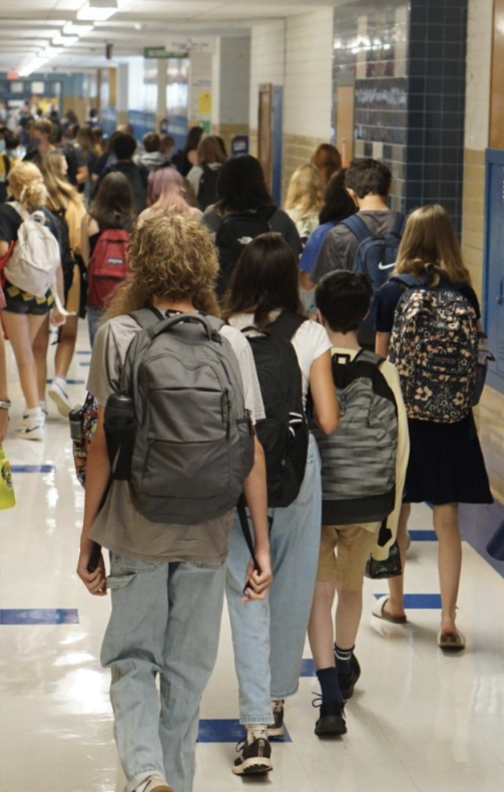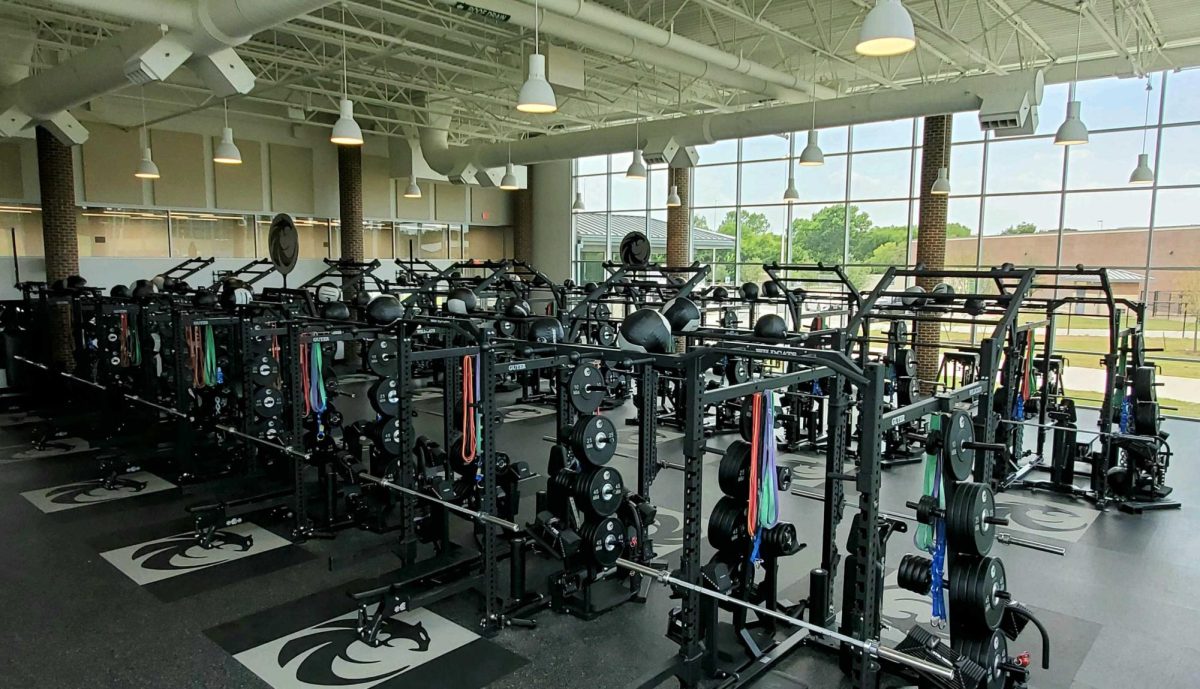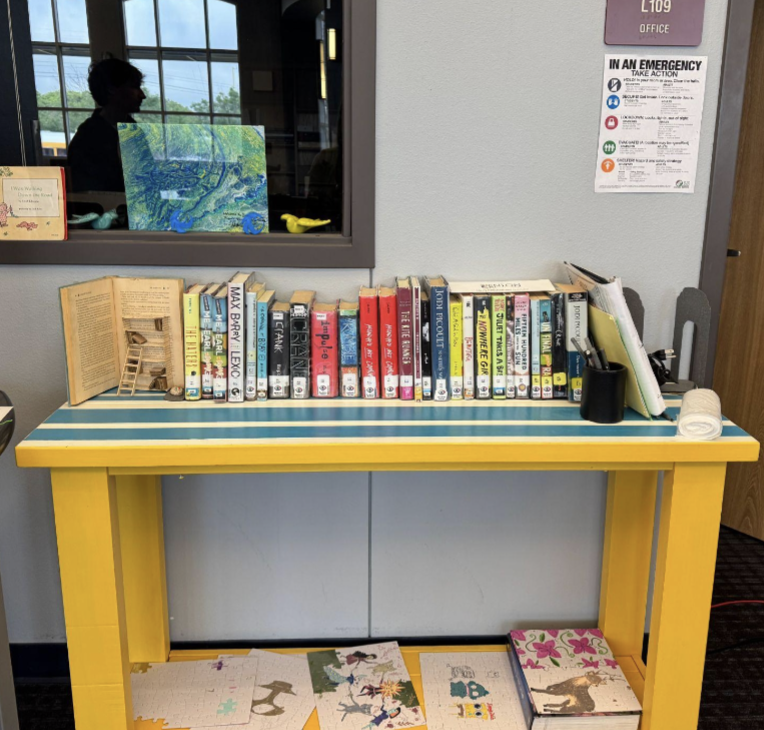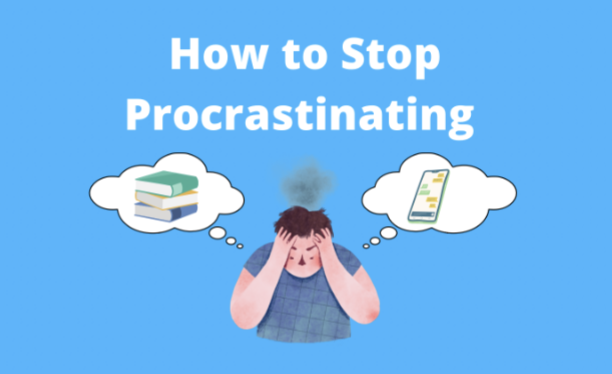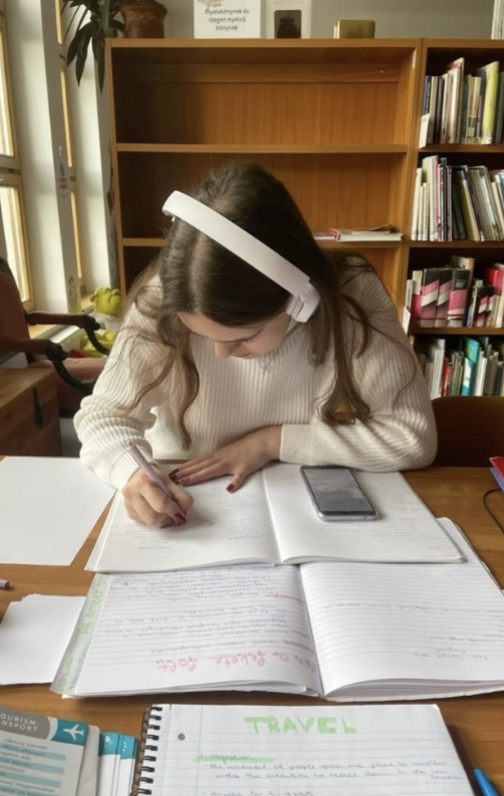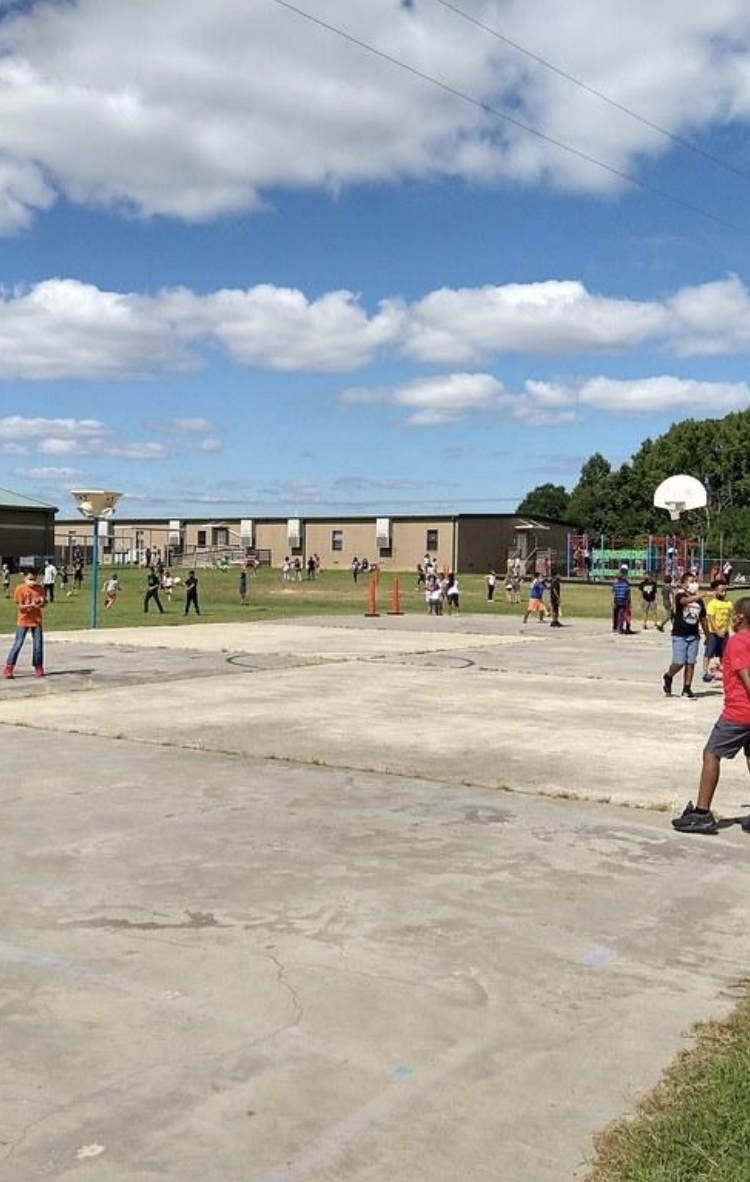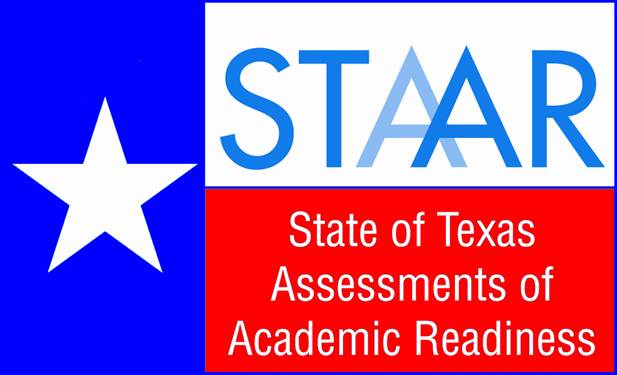By: Joshua Orbase, Staff Reporter
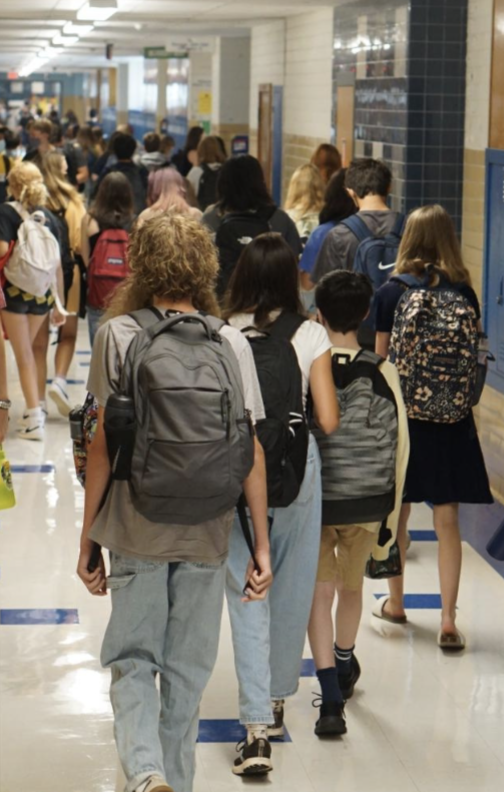
The hustle to move from one class to another has become a hurdle for students. With barely enough time to socialize, let alone use the restroom, it leaves little room for students to relax or mentally prepare for upcoming classes.
Advocates for extended passing periods argue that these brief but meaningful passes could be the key to reducing things such as anxiety, improving focus, and even enhancing student performance. However, adding allotted time in between classes may not be as simple as it sounds. As school districts begin to explore this possibility, the question remains: could a few extra minutes make all the difference?
Coach and High School 101/Professional Communications teacher Megan Medford expressed how extended passing periods might not be as big of a deal in terms of how it would affect the classroom setting.
“I feel like it wouldn’t be that big of a deal to manage because I’m assuming the passing periods wouldn’t be prolonged for more than 7-8 minutes,” …“So, classroom management shouldn’t be too different,” Medford said.
Freshman Sienna Workman explains how it might decrease stress levels.
“Extended passing periods may reduce student stress because it may allow students to take a breather,” …“It’s important that students can reset mentally,” Workman said.
Medford assumed that extended passing periods would not affect student behavior either, saying that it would be the same as when students had five-minute passing periods.
“I don’t think it [extended passing periods] would do much, to be honest,” …“The students who want to get to class on time will get to class on time, and those who don’t will just use those extra minutes to have an excuse to get to class later.” Medford said.
Workman believes that classroom transitions could help students instead of harming their attendance.
“It could make classroom transitions smoother and less rushed,” …“Students can come to class with a prepared mindset, and are more eager and ready to learn,” Workman said.
As districts continue to dive into this topic, it’s clear that the impact on students, staff, and class time is far from one-size-fits-all. While some students may welcome the extra time to decompress or catch up with friends, others may worry about the potential interruptions to their learning. Ultimately, the question isn’t about whether the passing periods are longer, but how students will manage their time if they’re installed into the system.

